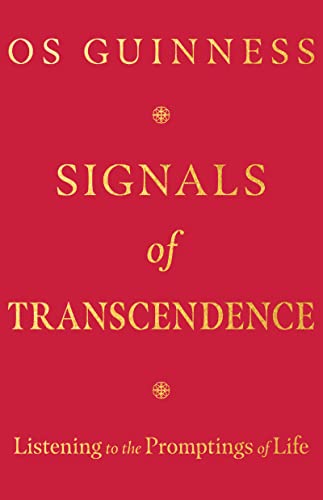What do you think?
Rate this book


128 pages, Paperback
Published March 7, 2023
Remember that each signal of transcendence sounds out its own special call. No signal is a signal for everyone to hear, so one person's signal is another person's silence. Be ready for the call that comes to you in your own life. Whoever has ears to hear, let him hear.